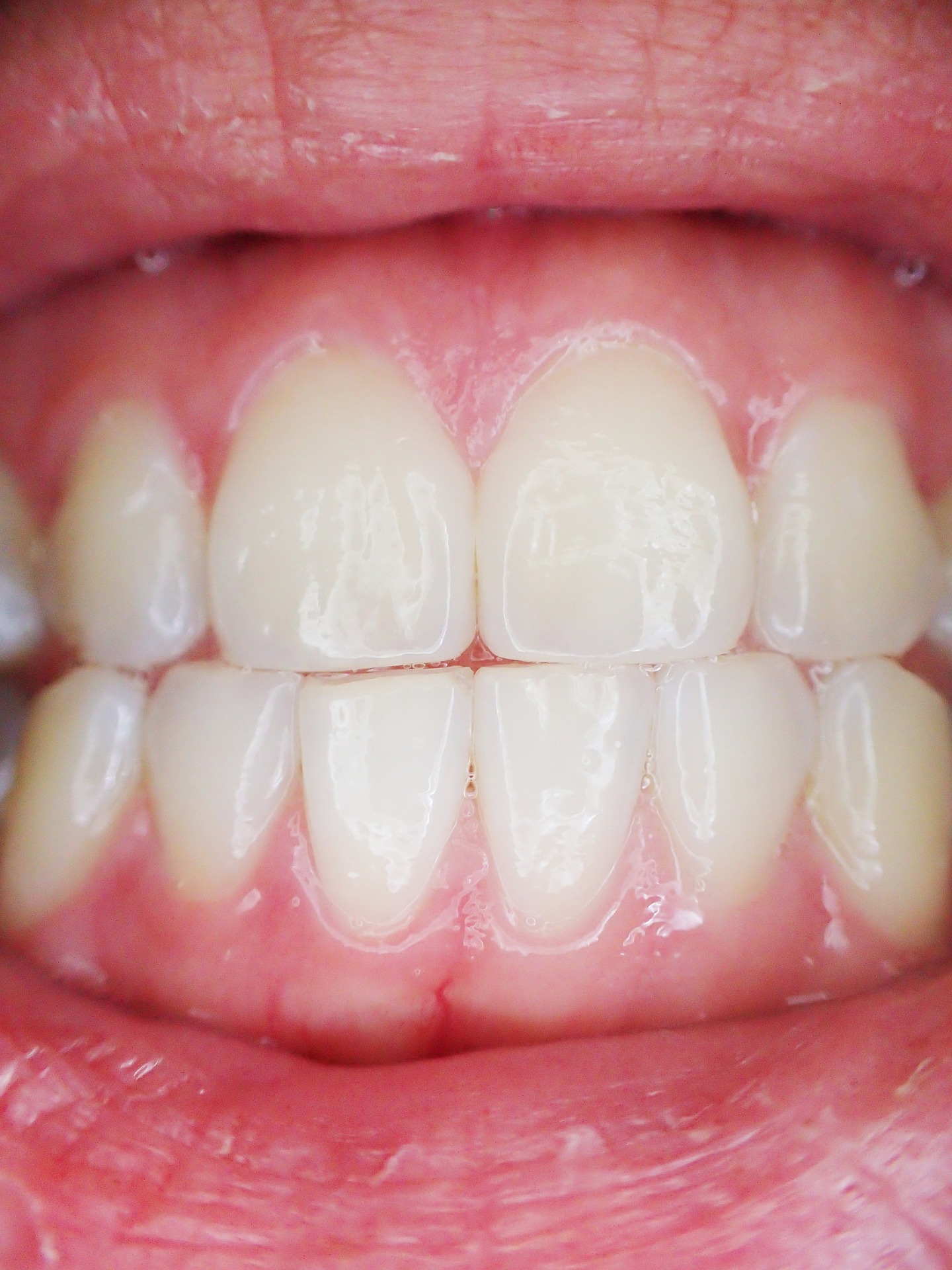Gum disease, or periodontal disease, is one of the most common oral diseases in the UK, with some experts believing that it affects up to nine out of ten adults. But what is gum disease? What causes it, and—more importantly—how do you prevent gum disease?
What is Gum Disease?
Gum disease is any condition that affects the tissue around the teeth. Commonly, gum disease is the inflammation of the gums, and if left untreated, can lead to bone loss and weakening of ligaments that support the teeth.
Natural bacteria build up and infections combined with improper hygiene are the most common causes of gum disease. However, other factors can also contribute to increased risk of developing gum disease.
What Causes Gum Disease?
The mouth is a natural environment for bacteria. Gum disease is commonly caused by the buildup of bacterial film, or plaque. Plaque buildup accumulates in the small gaps between teeth without adequate cleaning, allowing the bacteria byproducts to damage gums and teeth.
Other factors that can increase gum disease include:
- Smoking. Smoking is one of the most significant risk factors associated with the development of gum disease. Additionally, smoking can lower the effectiveness of gum disease treatment.
- Hormonal changes. Changing levels of hormones can make gums more sensitive and make it easier for gingivitis to develop.
- Other illnesses or diseases. Diabetes, for example, significantly increases the risk of infections.
- Medication. The treatment of unrelated illnesses can affect the health of gums. A common side effect of some medication is “dry mouth,” which reduces the flow of saliva, which is important to a healthy mouth.
- Genetics. Some people are more susceptible to gum disease than others.
What Are the Signs and Symptoms of Gum Disease?
If you develop gum disease, it isn’t immediately painful. However, there are telltale signs and symptoms of gum disease:
- Swollen, red or tender gums
- Gums that easily bleed when brushing or flossing
- Gums that recede or move away from the tooth
- Persistent bad breath or bad taste in mouth
- Loose teeth
- A change in the way teeth come together
- A change in the fit of partial dentures
- Visible pus surrounding the teeth and gums
- Sharp or dull pains when chewing foods
- Teeth that are overly sensitive to cold or hot temperatures
Because some of the symptoms are subtle, it’s easy to understand why many people are not aware that they have gum disease. That’s why it’s important to get regularly scheduled examinations by a qualified dentist or hygienist.
Oral Cancer
Oral cancer, also known as mouth cancer, is any cancerous tissue growth in the oral cavity.
Unfortunately, oral cancer is difficult to notice in its early stages as it is typically painless with minimal physical changes. However, regular dental visits plays a huge role in early detection of oral cancer who can work with doctors to identify the precursor tissue changes.
Early stage symptoms can include:
- Persistent red or white patches
- A non-healing ulcer
- Progressive swelling or enlargement
- Unusual surface changes
- Sudden tooth mobility without apparent cause
- Unusual oral bleeding
- Prolonged hoarseness
It is believed that about 75% of oral cancers are linked to tobacco use and excessive alcohol consumption. Other factors include:
- Irritation caused by ill-fitting dentures and other rough surfaces on the teeth
- Poor nutrition
- Some chronic infections caused by fungi, bacteria or viruses
- Exposure to certain common sexually-transmitted viruses
Fortunately, the treatment of oral cancer is generally very effective when the cancer is diagnosed in its earliest stages. Left untreated for a long time, the prognosis for survival can become very poor indeed.
Common Types of Gum Disease
Most gum diseases begin with gingivitis, which can progress to periodontitis and advanced periodontitis.
Gingivitis
Gingivitis is the most common form of periodontal disease, and the most common cause of gingivitis is the buildup of plaque on the tooth surface.
Common symptoms of gingivitis includes:
- Swollen gums
- Bright red or purple gums
- Gums that are tender to the touch
- Bleeding gums or bleeding after brushing and/or flossing
- Bad breath
Gingivitis is preventable and reversible with good oral hygiene. Regular flossing and brushing is usually sufficient in staving off plaque buildup.
Over time, plaque hardens to become tartar, which is harder to clean and remove than plaque, making the problem worse. Left untreated, this will lead to gum infection and more severe periodontitis.
Periodontitis
Periodontitis is a set of inflammatory diseases (that includes gingivitis) affecting the tissues surrounding the teeth. There are several categories of periodontitis:
- Gingivitis
- Chronic periodontitis
- Aggressive periodontitis
- Periodontitis as a manifestation of systemic disease
- Necrotizing ulcerative gingivitis/periodontitis
- Abscesses of the periodontium
- Combined periodontic-endodontic lesions
With the exception of gingivitis, the other categories are termed “destructive periodontal disease,” because the damage caused by these is essentially irreversible.
Preventing Gum Disease
Fortunately, most cases of gum disease are preventable with the following at-home care:
- Brush teeth twice a day (with a fluoride toothpaste).
- Regularly floss to remove plaque in areas a toothbrush can’t reach.
- Use mouthwash.
- Don’t use tobacco products.
- Drink more water if taking medication that has “dry mouth” as a side effect.
- Visit the dentist and hygienist routinely for a check-up and professional cleaning.
Visit Us at Vitality!
Dental check-ups are the best way to monitor your oral hygiene methods. At our West Sussex dental practice, we have a team of talented dentists and hygienists who are specially trained to use the latest dental technology to deep clean above, at, and below your gum line.
Studies show that after professional cleaning, microbial plaque can grow back to precleaning levels after three to four months. At Vitality, we can show you the best way to take care of your mouth, so you will have everything you need to minimize and treat gum disease at home.
Make an appointment at Vitality today.


